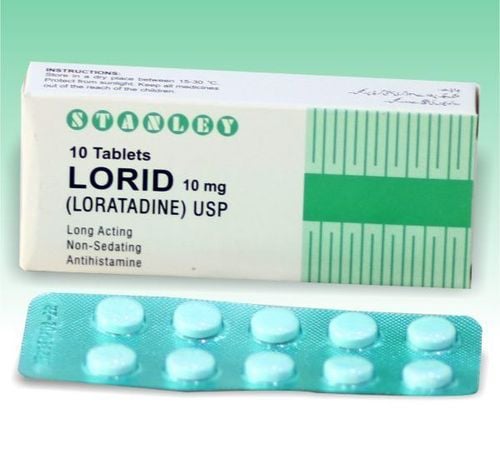Eggs are a food containing various good nutrients which are beneficial for cardiovascular health, brain function, and preventing osteoporosis. However, not everyone knows the proper way to include eggs in a child’s diet. Below is some guidance for parents to help ensure children consume eggs correctly.
1. Nutritional Composition of different types of eggs
From a nutritional perspective, each type of egg offers unique health benefits:
- Chicken Eggs: Chicken eggs are rich in phosphorus, potassium, zinc, protein, and vitamins A, D, and E. They are low in calories and cholesterol, making them suitable for adults with high blood pressure or cardiovascular issues, as well as children. Occasionally, duck eggs can be included in a child’s diet to provide additional nutrients.
- Duck eggs are larger than chicken eggs, containing 130 calories per egg—double the calories of a chicken egg. They also have higher amounts of protein, vitamins, and saturated fats. Duck eggs provide a great amount of Omega-3 fatty acids, which help reduce inflammation and lower the risk of chronic diseases.
- Quail eggs are much smaller than chicken or duck eggs (around 8.5g each) but are the most nutrient-dense. A single quail egg contains approximately 14 calories, 1.2g of protein, and a variety of amino acids, minerals, and vitamins, which are similar to those found in chicken and duck eggs. Additionally, quail eggs are less likely to cause allergic reactions compared to chicken eggs, making them a suitable choice for children under six years old.
Overall, eggs are highly nutritious, easily digestible, and provide essential fats, vitamins, and minerals (like iron and zinc) necessary for a child’s growth and development.
2. How to Feed Eggs to Children the Right Way
Although eggs are highly nutritious, excessive consumption may lead to bloating, indigestion, or digestive issues in children due to their high fat content.
The appropriate amount of eggs depends on the child's age:
- 6-7 months old: Half a boiled egg yolk per meal, 2-3 meals per week.
- 8-12 months old: One egg yolk per meal, 3-4 meals per week.
- 1-2 years old: 3-4 whole eggs per week, including egg whites.
- 2 years and older: Depending on the child’s preference, one egg per day can be included in their diet.

3. Egg Preparation for Children by Age
The reproductive tract of chickens often harbors bacteria, particularly Salmonella, a common cause of foodborne illnesses. Both the interior and exterior of eggs can easily be contaminated. To prevent bacterial infections, young children should not consume raw eggs or eggs mixed directly into hot porridge or soup. Instead, eggs should be thoroughly boiled or cooked. Proper cooking not only preserves essential nutrients such as protein, lipids, and minerals but also minimizes the risk of contamination.
How to boil eggs properly is to place eggs in a pot with just enough water to cover them. Bring the water to a boil, then lower the heat and simmer for about 2 minutes. Turn off the heat and let the eggs sit in the hot water for 5 minutes. This ensures the eggs are cooked just right, with the yolk still soft and easy to digest. Additionally, add a pinch of salt to the water to prevent the eggs from cracking while boiling.
Note: Do not boil eggs immediately after taking them out of the refrigerator. Avoid soaking eggs in hot water or cooking them over high heat, as this may cause the eggs to crack or leave the yolk undercooked.
- 6-12 months old: Introduce eggs into a soft porridge (egg porridge). Cook the porridge first, then add the egg.
How to Prepare: Beat the egg yolk with finely chopped vegetables in a bowl. While the porridge simmers, pour in the egg and vegetable mixture, stirring quickly. Allow it to cook until the porridge begins to boil again. Avoid overcooking, as it may reduce nutrient absorption. Do not boil and mash the egg yolk before adding it to the porridge, as multiple cooking steps can decrease its nutritional value. - 1-2 years old: At this stage, children can eat egg porridge prepared similarly to egg porridge for infants: after the porridge simmers, add the egg. Additionally, they can consume boiled eggs cooked just until firm.
- 2 years and older: Children can enjoy a variety of egg dishes, including egg porridge, boiled eggs, tomato-egg stew, or scrambled eggs with minced meat served over rice. Boiled eggs cooked just right are still recommended
In addition to a balanced diet, parents can provide children with supplements containing lysine, trace minerals, and essential vitamins such as zinc, chromium, selenium, and B-complex vitamins. These nutrients help meet the child's developmental needs, support digestion, enhance nutrient absorption, and improve appetite, contributing to comprehensive growth and development.













